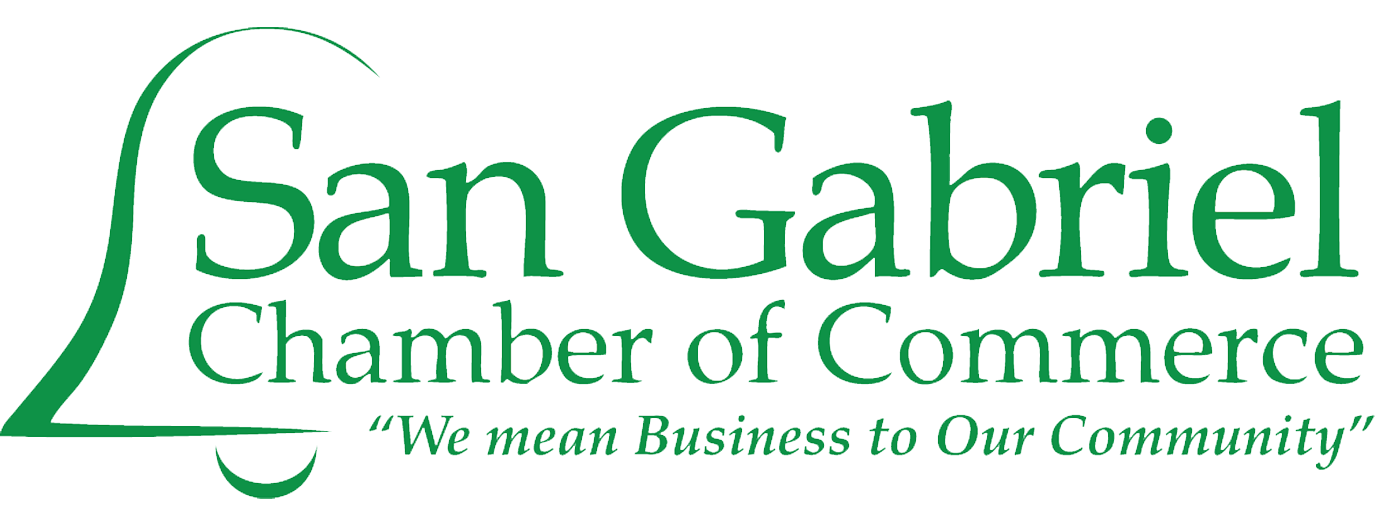Let’s face it—mental wellness doesn’t just happen. It’s something we nurture, shape, and protect. Especially for seniors, mental well-being plays a massive role in their quality of life. And here’s the good news: it doesn’t take big changes to make a big impact.
At Trinity Hills Estates, a senior living community committed to whole-person care, small daily routines are designed with purpose. These habits support mental health, encourage independence, and boost joy—because aging should feel good, not limiting.
So, what daily routines can help keep the mind clear, the mood stable, and the spirit uplifted? Let’s unpack it all in a simple, engaging way.
Why Mental Wellness Matters in Senior Living
Aging Gracefully Isn’t Just Physical
Sure, staying physically healthy is vital, but what about emotional balance? Cognitive sharpness? Peace of mind? Mental wellness is the glue that holds it all together. When seniors feel good emotionally, everything else—from relationships to physical health—tends to follow.
Prevention Is Key to Peace of Mind
You don’t have to wait for anxiety or depression to creep in before doing something about it. Daily routines focused on wellness help prevent those feelings from even taking root. And at Trinity Hills Estates, prevention is built into the lifestyle.
The Role of Routine in Mental Wellness
Routine: The Unsung Hero of Stability
Think of routine like your favorite cozy sweater—it’s predictable, comfortable, and always makes you feel better. Routines create structure, which reduces stress and anxiety. Especially for seniors, that sense of predictability can be incredibly grounding.
Routines Reinforce Identity and Purpose
When someone has a role to play each day—no matter how simple—it reinforces their sense of purpose. Whether it’s watering plants, joining a morning stretch, or helping with a community event, those little responsibilities matter.
Start the Day Strong: Morning Routines That Set the Tone
Gentle Wake-Ups and Mindful Moments
Mornings at Trinity Hills Estates start with intention. No harsh alarms. Just sunlight, soft music, and time to breathe. Residents are encouraged to pause, stretch, and check in with how they’re feeling—mentally and emotionally.
Hydration and Nutrition First Thing
Before coffee, it’s water and a balanced breakfast. Proper hydration and nutrition affect mood, energy levels, and even memory. No skipping the good stuff here.
Positive Self-Talk and Gratitude
Simple affirmations like “Today is a good day” or jotting down one thing they’re grateful for helps shift focus away from stress and into positivity.
Movement and Mindfulness: The Midday Mental Reset
Physical Activity for Mental Clarity
A moving body helps a moving mind. Whether it’s tai chi, a short walk around the gardens, or chair yoga, these sessions improve blood flow to the brain and lift mood like a charm.
Group Activities that Engage the Brain
Trivia games, music therapy, art classes—engaging the brain in fun, low-pressure ways boosts memory, cognitive function, and social connection. Plus, it’s just plain fun.
Mindfulness and Guided Meditation
Mindfulness isn’t just trendy—it’s powerful. Even 10 minutes of guided breathing or visualization can reduce anxiety and improve sleep quality.
Social Connection: The Heart of Senior Wellness
H2: Daily Social Touchpoints
At Trinity Hills Estates, no one’s eating alone unless they choose to. Mealtimes, coffee clubs, and group events provide daily opportunities for connection and conversation.
Buddy Systems and Peer Support
Pairing up residents for walks, crafts, or just chats builds deeper friendships and helps combat loneliness—a major factor in senior mental health.
Creative Outlets: Stimulating the Soul
Art, Music, and Storytelling
Creative expression gives residents a safe and joyful way to process emotions. Whether it’s painting a canvas, singing a favorite tune, or sharing life stories, these outlets offer healing without needing a therapist’s couch.
Journaling and Memoir Writing
Writing about life, love, and legacy brings clarity and meaning. It’s therapeutic and rewarding—and often sparks incredible conversations among residents.
Healthy Eating Habits That Nourish the Mind
Meal Planning with Brain Health in Mind
Meals at Trinity Hills Estates are crafted with mental wellness in mind. Foods rich in omega-3s, antioxidants, and B vitamins are staples in the menu, helping with memory and mood regulation.
Mealtime as a Social Event
More than just nutrition, mealtime is an experience. Dining with others offers companionship, laughter, and shared moments—every bit as nourishing as the food.
The Power of a Good Night’s Sleep
Evening Wind-Down Routines
No screens. No chaos. Just calming music, herbal tea, and maybe a little light reading. Sleep routines support deeper rest, which is key for emotional resilience.
The Sleep–Mood Connection
It’s no coincidence that people feel irritable or anxious after a bad night’s sleep. For seniors, regular rest helps regulate mood and maintain a positive outlook.
Spiritual Wellness as a Daily Anchor
Time for Reflection and Faith
Whether it’s prayer, meditation, or simply quiet time in the chapel, spiritual routines give residents a sense of peace and perspective.
Community Worship and Personal Beliefs
Trinity Hills Estates honors diverse beliefs, offering group services and one-on-one support to nurture the soul—because faith is often where people draw strength and hope.
Staff Support and Personalized Wellness Plans
Wellness Teams Who Truly Listen
Staff at Trinity Hills Estates aren’t just caregivers—they’re partners in wellness. Regular check-ins ensure routines evolve with residents’ needs, challenges, and goals.
Mental Health Check-Ins and Resources
Whether someone needs a quick chat or deeper support, trained professionals are always available. That reassurance alone makes a big difference in mental well-being.
Preventive Care: Staying Ahead of Mental Decline
Early Detection Through Daily Interactions
Changes in routine often signal something deeper—like early signs of depression or cognitive decline. The staff at Trinity Hills Estates knows the value of noticing those subtle shifts.
Regular Mental Health Assessments
Scheduled assessments and transparent conversations help address concerns before they become serious. That’s prevention in action.
Resident-Driven Activities That Empower
Letting Seniors Lead the Way
When residents help plan events, lead a book club, or teach a class, it fuels a sense of autonomy. Their voices shape the community—and that’s empowering.
Celebrating Achievements and Contributions
Acknowledging milestones, whether it’s a birthday or a personal goal, reminds residents that they still have so much to give—and celebrate.
Conclusion: Wellness Starts with the Little Things
Mental wellness in senior living isn’t some lofty goal—it’s a series of small, thoughtful habits practiced daily. At Trinity Hills Estates, routines are more than schedules—they’re lifelines that keep residents feeling grounded, connected, and fulfilled.
Whether it’s a sunrise walk, a hearty laugh over lunch, or a quiet moment of reflection, these moments add up. They shape a lifestyle where emotional well-being isn’t just supported—it’s celebrated.
Frequently Asked Questions (FAQs)
1. How do routines benefit mental health in senior living?
Routines create stability, reduce anxiety, and give seniors a sense of purpose. Daily habits like exercise, socializing, and reflection promote emotional balance and resilience.
2. What types of wellness routines are used at Trinity Hills Estates?
Residents engage in personalized routines that include physical activity, mindful practices, nutritious meals, social interaction, creative outlets, and restful sleep.
3. Are spiritual and emotional needs considered in daily routines?
Yes. Trinity Hills Estates offers faith-based services, quiet reflection areas, and emotional support programs to support holistic wellness—including the soul.
4. Can residents personalize their own routines?
Absolutely. Trinity Hills Estates encourages residents to co-create their schedules based on preferences, energy levels, and wellness goals for greater independence and satisfaction.
5. How is mental health monitored in assisted living?
Trained staff at Trinity Hills Estates conduct regular wellness assessments, watch for changes in behavior, and provide resources for counseling or support when needed.





